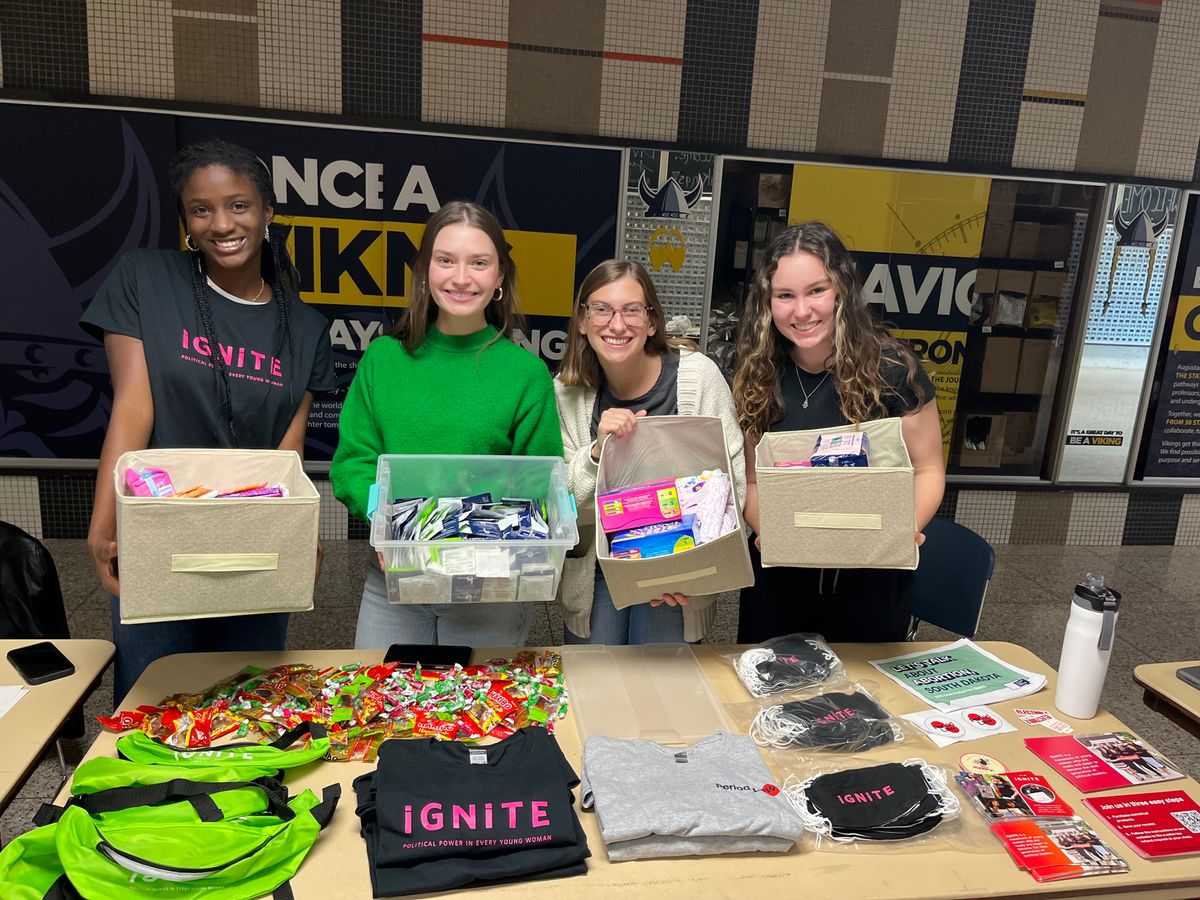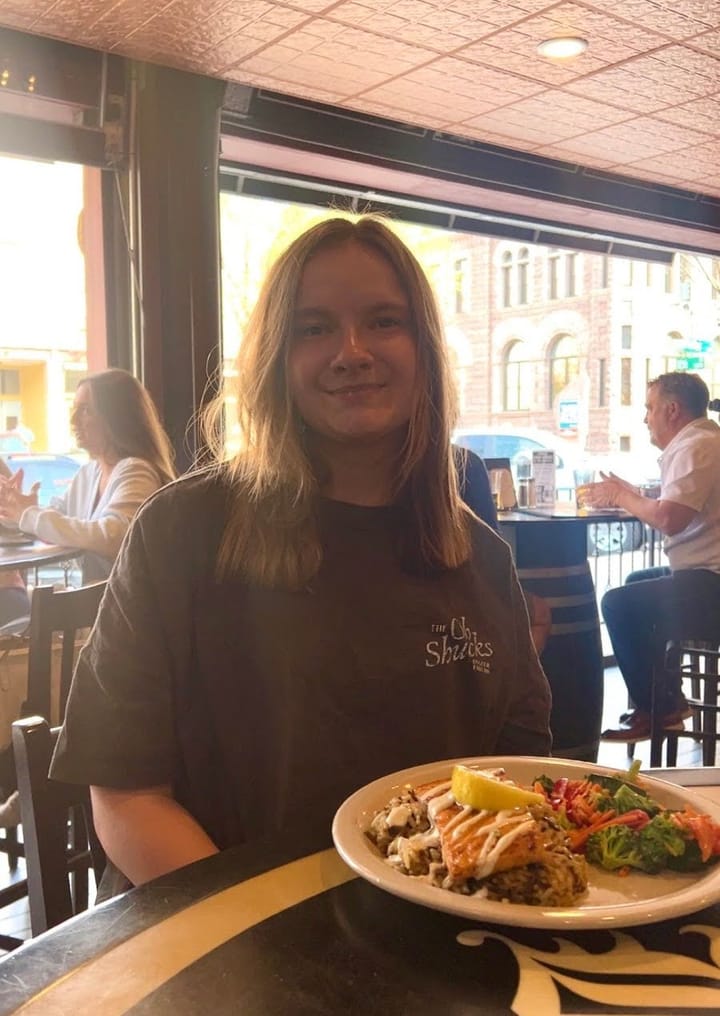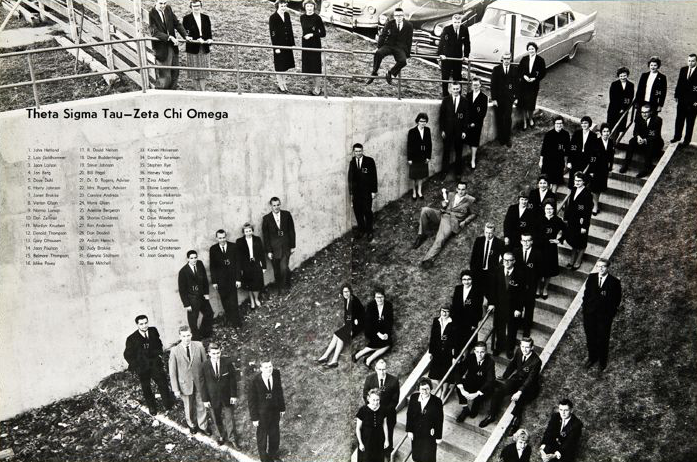Clubs speak against menstrual product tax

Products like pads and tampons are subjected to taxation throughout the United States, just like other “luxury” products. To help bring awareness to the issue, iGNiTE and HAPPY. partnered to host “Tampons and Tax Breaks” in the Morrison Commons on Nov. 4.
Junior Avery Gilman, president of iGNiTE, said the organization Period Law reached out to her and junior Norah Grace DeBoer, co-president of HAPPY., to promote its nationwide Tampon Tax Refund Activation. Period Law encouraged people to file for a symbolic sales tax refund as a way to protest the tax on menstrual products.
“Pink tax” is the term commonly used to refer to the luxury tax imposed on products like pads and tampons. However, it also emphasizes that many products marketed towards women are priced higher. For example, pink razors can be far more expensive than men’s razors due to the feminization of the product.
Not only does this difference in prices perpetuate gender stereotypes, but it also financially impacts people who need to buy these products, DeBoer said.
In an effort to raise awareness on campus, Gilman and DeBoer decided to collaborate and host an event to educate students.
“Hopefully, [the event] not only brought some awareness about the tax to our campus, but the symbolic tax refund requests we sent out will hopefully allow for some executive attention on the period product tax as well,” Gilman said.
The clubs collected donations of menstrual products from Augustana community members. They also asked donors to bring receipts for the products, so the clubs could fill out symbolic tax refund requests as a form of protest.
Gilman said the Augustana clubs will not receive money back but plan to fill out a refund application to emphasize the injustice of taxing these products.
“Menstrual products are necessary for a large majority of the population, and it seems quite ludicrous to have to pay a tax when so many people need these products,” DeBoer said.
The event also featured a period cramp simulator for people to use and better understand how periods can feel. The simulator was set up in the Morrison Commons with tables of merchandise and educational pamphlets.
“Almost everyone I’ve talked to who tried the period simulator said it was quite illuminating and brought to light the struggles that people with periods often go through,” DeBoer said.
Since Gilman and DeBoer needed menstrual products with receipts to fill out the tax refund requests, they decided to donate all of the products to St. Francis House, a transitional home for homeless people. Gilman said she hoped the donations would help provide security to those in need of menstrual products, easing some financial worry.
According to an article by Journal of Global Health Reports, 500 million people lack access to menstrual products, and many low-income individuals must choose between buying menstrual products or food.
Junior Eden Weber, the vice president of iGNiTE, said the donation drive was a success, and the Augustana community filled up two boxes worth of various menstrual products.
“iGNiTE and HAPPY. will be sending letters to legislators on behalf of the people who donated to the drive, highlighting the unfairness of the tax on such a necessary product,” Weber said.
Currently, South Dakota is one of 21 states that still imposes taxes on menstrual products. While a 4% tax rate might seem small, it can add up quickly. An article from the National Library of Medicine states that people with a menstrual cycle will use over 10,000 menstrual products in their lifetime.
Weber said she hopes one day menstrual products will be free to everyone who needs them because no one should have to pay for what is essential. However, the event offered the first of many steps that need to be taken to improve access to menstrual products, she said.
“Bringing awareness to menstrual issues is super important because highlighting something small, like the tax on period products, can open doors to making products more available to everybody who needs them,” Weber said.



